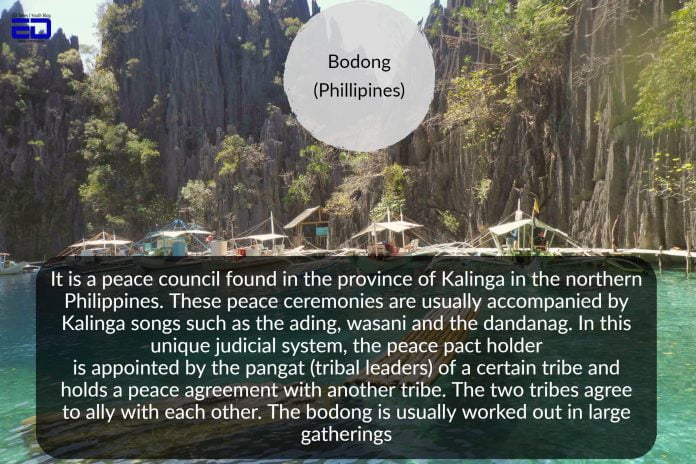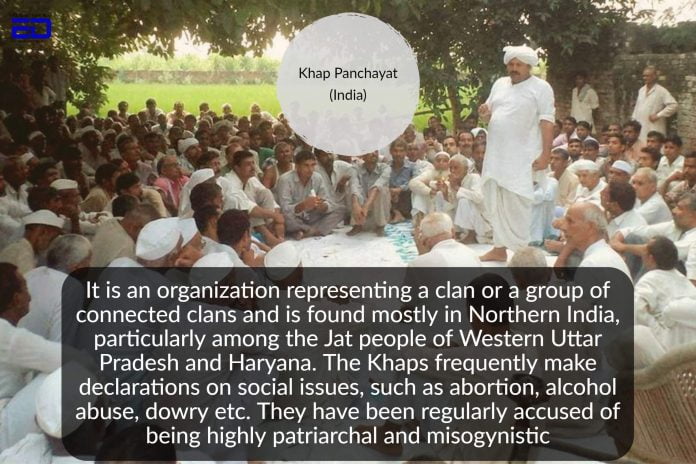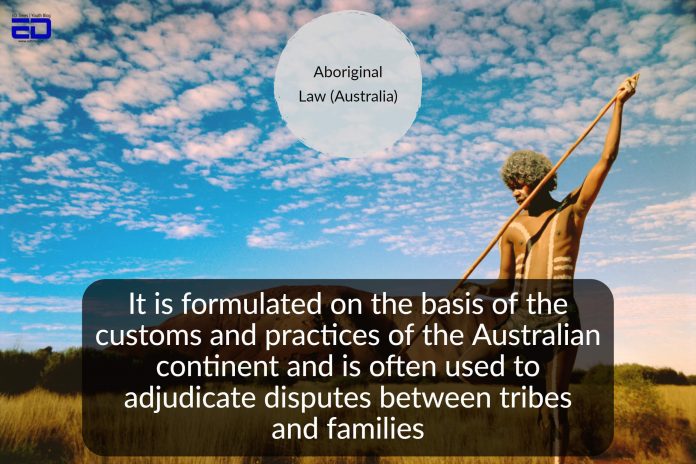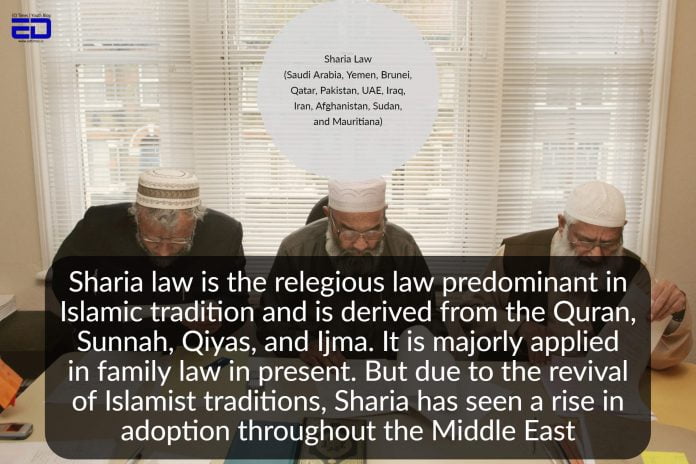These are separate or secondary legal systems that exist in a country or geographic area apart from the democratically established courts.
They are most prevalent in former colonies, where the judicial systems set up by the colonizers exist alongside these traditional systems.
1. Problems that exist because of Parallel justice systems
Due to this duality of justice systems, there is often confusion as to where the dispute should be taken for adjudication. Furthermore, there is often a clash between the mainstream and parallel courts where the parallel court tries to exert its authority in a democratic setting where the mainstream court has jurisdiction.
This leads to heated debate and discussion about the validity of these courts and this debate is often dragged into the muddy arena of religious and political debates.
2. Types of Parallel justice systems
There are many parallel justice systems in many parts of the world that still hold relevance and their decisions are considered to be final and binding.
Here are some of them:
5. You would also like to read: Why Indian Gun Laws Are Strict And Why That’s A Good Thing
7. Bodong (Read More)

Sources: Law Reform Commission of Western Australia, BBC, Lawyers’ Secular Society
Image Source: Google Images
8. You would also like to read:
Will Asifa Get Justice If There Is No Child Protection Law In Jammu & Kashmir?


































